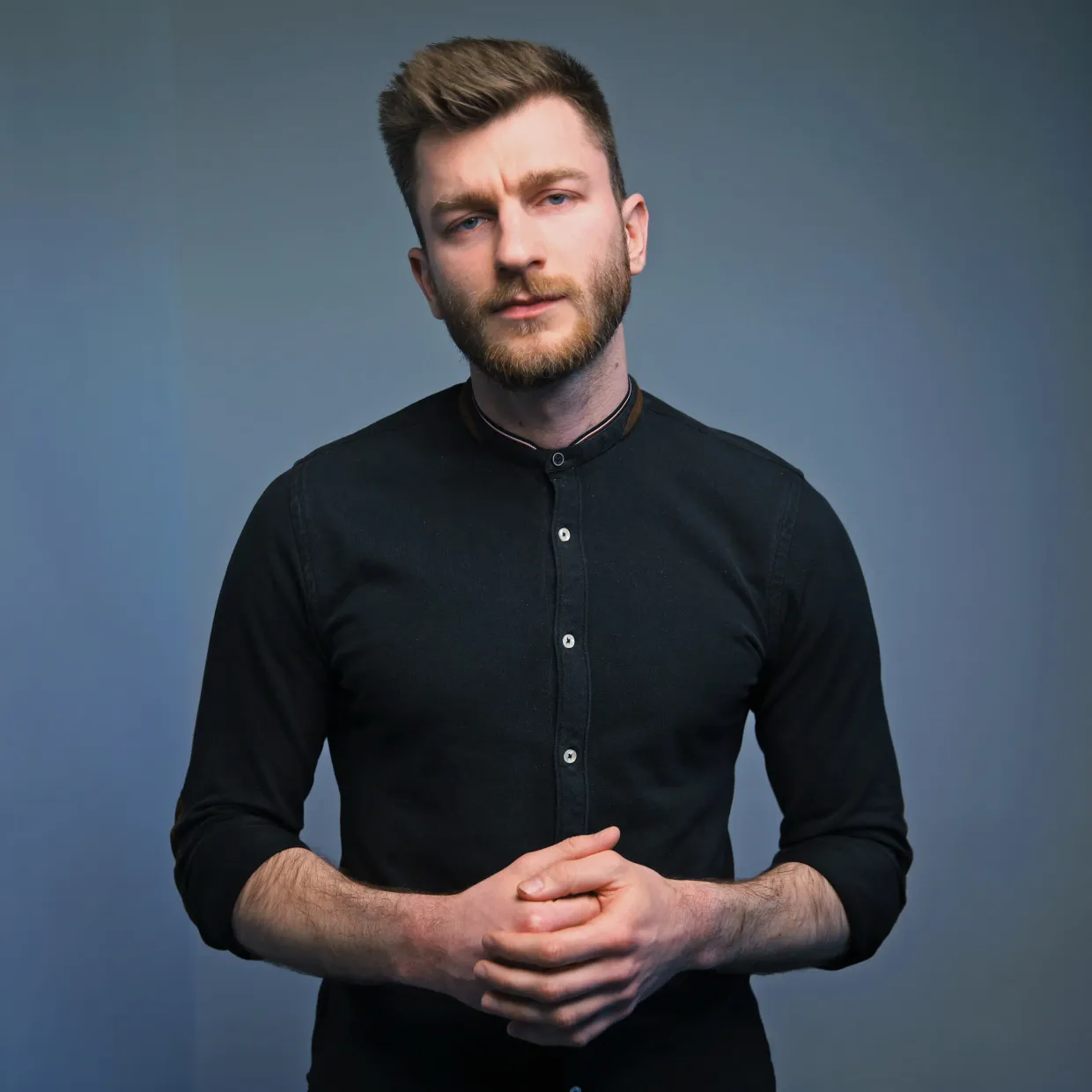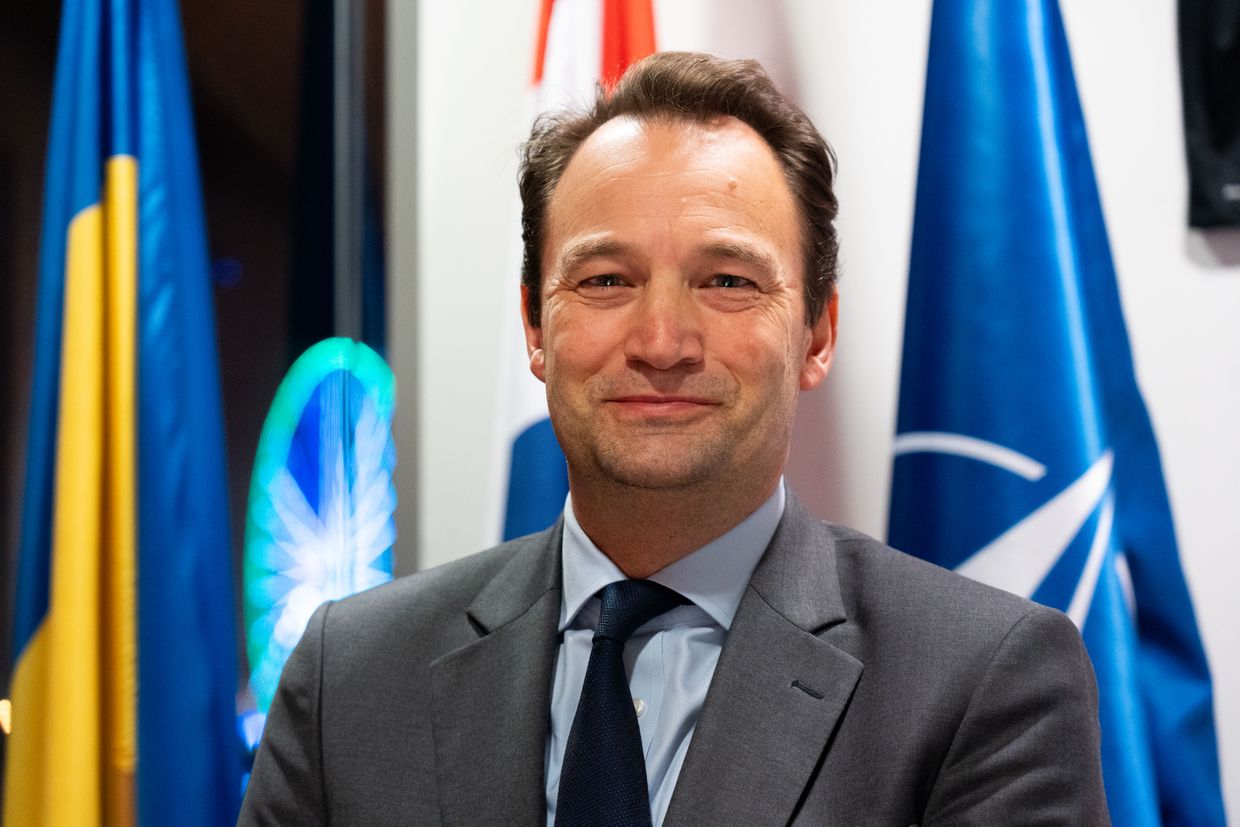Since the start of the full-scale invasion, the Netherlands has taken a leading role in providing Ukraine with what it needs to survive.
Seven years after voting down an EU Association Agreement with Ukraine in a referendum, effectively delaying it for a year, the Netherlands now ranks eighth in terms of overall aid to Ukraine since 2022 and seventh in terms of military support, according to the Kiel Institute's Ukraine Support Tracker.
The Netherlands has been vocal is supporting Ukraine's accession talks with the EU.
Together with Denmark, the Netherlands is also leading a coalition set to train and eventually provide F-16 fighter jets to Ukraine.
"I think (the support is strong) because of the moment when we saw these tanks approaching Kyiv in that first week of the (full-scale) war. Dutch people saw that this was not just some faraway war," Dutch Foreign Trade Minister Geoffrey van Leeuwen told the Kyiv Independent during his brief visit to Ukraine.
Yet, it's too early to say if the support will hold.
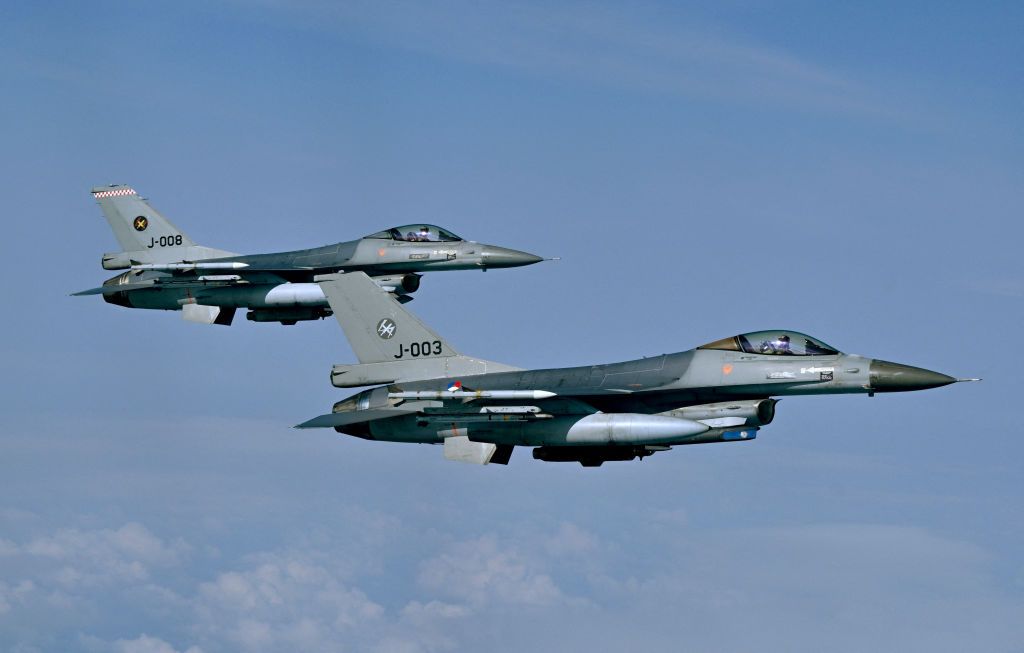
On Nov. 22, the right-wing populist Party for Freedom, led by euroskeptic Geert Wilders, unexpectedly won the snap parliamentary election. The party gained 24% of the vote.
"We believe we shouldn't give military support to Ukraine while we are unable to defend our own country," Wilders said shortly after the election.
Trade Minister Geoffrey van Leeuwen, representing the caretaker government as post-election coalition talks are ongoing, dismissed the claim that the elections will change the level of Dutch support to Ukraine.
Visiting Kyiv, with the goal of reassuring Ukrainian officials that Dutch support is here to stay, van Leeuwen sat down with the Kyiv Independent to talk about Dutch aid, investments, Ukraine's accession talks, Dutch trade ties with Russia, and how to make sure that Kyiv withstands Russia's aggression in the long-run.
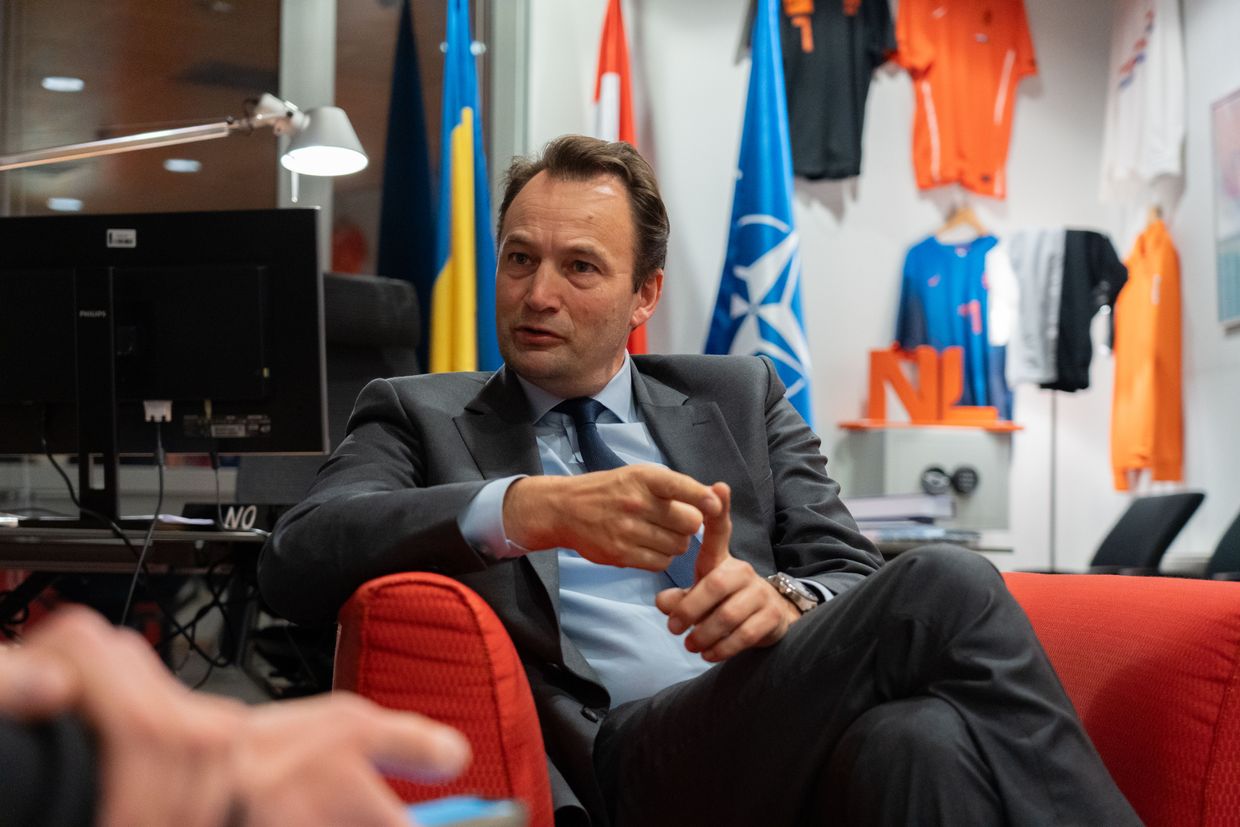
The Kyiv Independent: This your first official visit to Ukraine? What's the purpose of this visit, and what are you bringing to Ukraine with you right now?
Geoffrey van Leeuwen: I've been to Ukraine with the (Dutch) prime minister five times. My main aim is to reaffirm our message to Ukraine, to my colleagues and government here, that we will keep supporting Ukraine. And we've proven that. We've fulfilled our words. We've committed 2.5 billion euros for next year (mostly military, but also humanitarian and reconstruction aid).
Our parliament voted overwhelmingly to keep being ambitious and helping Ukraine. So that's my main message. The conversation was about what we can do more to support Ukraine during the winter.
Humanitarian and reconstruction aid, for example, aid to electricity power plants. So I wanted to hear what we're doing and see if what we're doing is really helping or if we should do different things.
I also announced today another over 100 million euros.
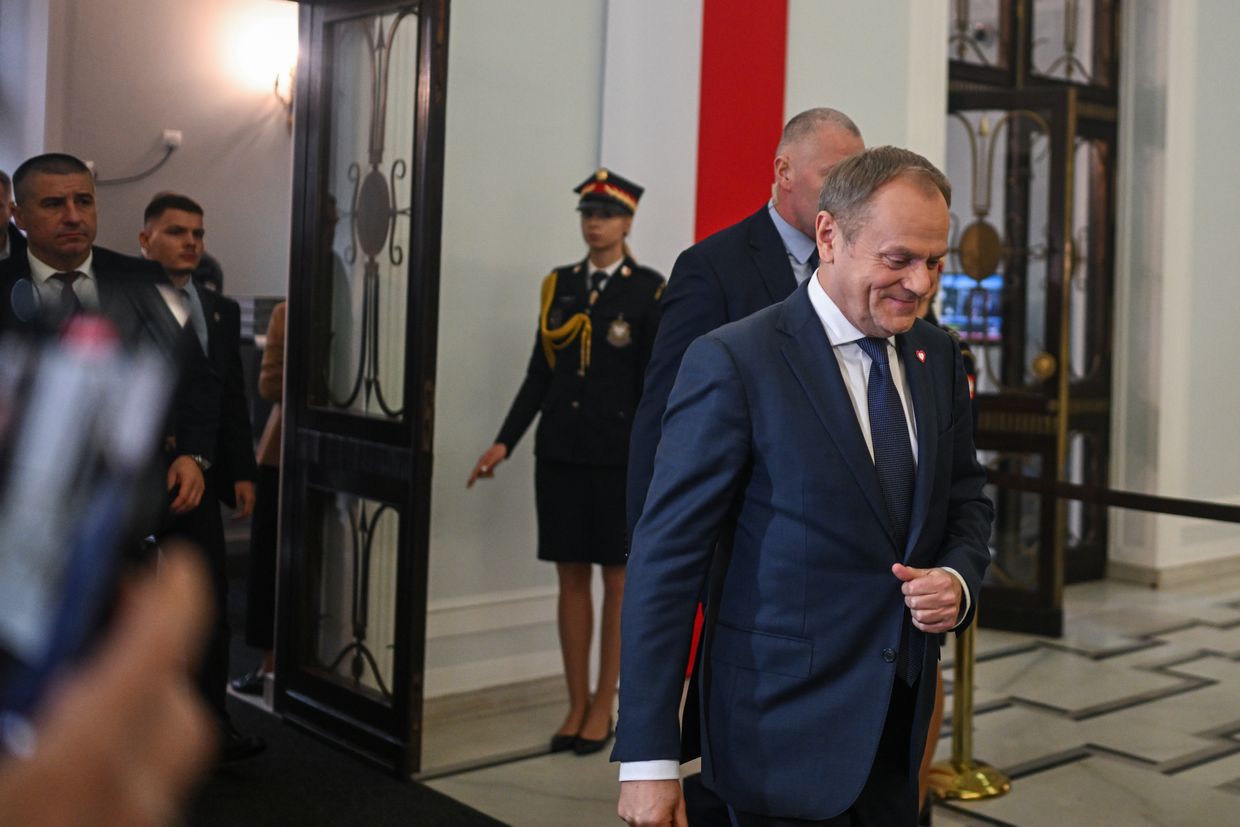
The Kyiv Independent: The Dutch defense minister said that over half a billion was allocated to defense spending for Ukraine. Do you think that the increase in spending now is your race against the appointment of the new government that can be opposed to supporting Ukraine?
Geoffrey van Leeuwen: No, because the vote three days ago was done by the new parliament with a clear majority for supporting Ukraine. So I'm confident that whatever government we're getting, there will be a huge support for continuing our policy of supporting Ukraine.
The Kyiv Independent: Even if Geert Wilders will be the next prime minister?
Geoffrey van Leeuwen: Yes, we have a coalition government system. So Geert Wilders has around 23-24% of the vote. However, the majority in parliament is in favor of supporting Ukraine.
The Kyiv Independent: In the Netherlands, the Dutch people voted for Geert Wilders. He received 24% on an Islamophobic and anti-Ukrainian campaign. Does this imply that Dutch opinion is changing, or is there a different reason for his success?
Geoffrey van Leeuwen: I don't want to comment too much about Dutch politics back in The Hague. But I think, when you say that he ran on a policy of islamophobia and anti-Ukrainian sentiment, it's not true.
The main issue in these elections was domestic policies, the number of migrants, and migration and how to solve that. That's been the big debate in the run-up to the elections, and it was about migration. Ukraine was not a big part of the discussion because the majority of the people are for continuing our support of Ukraine.
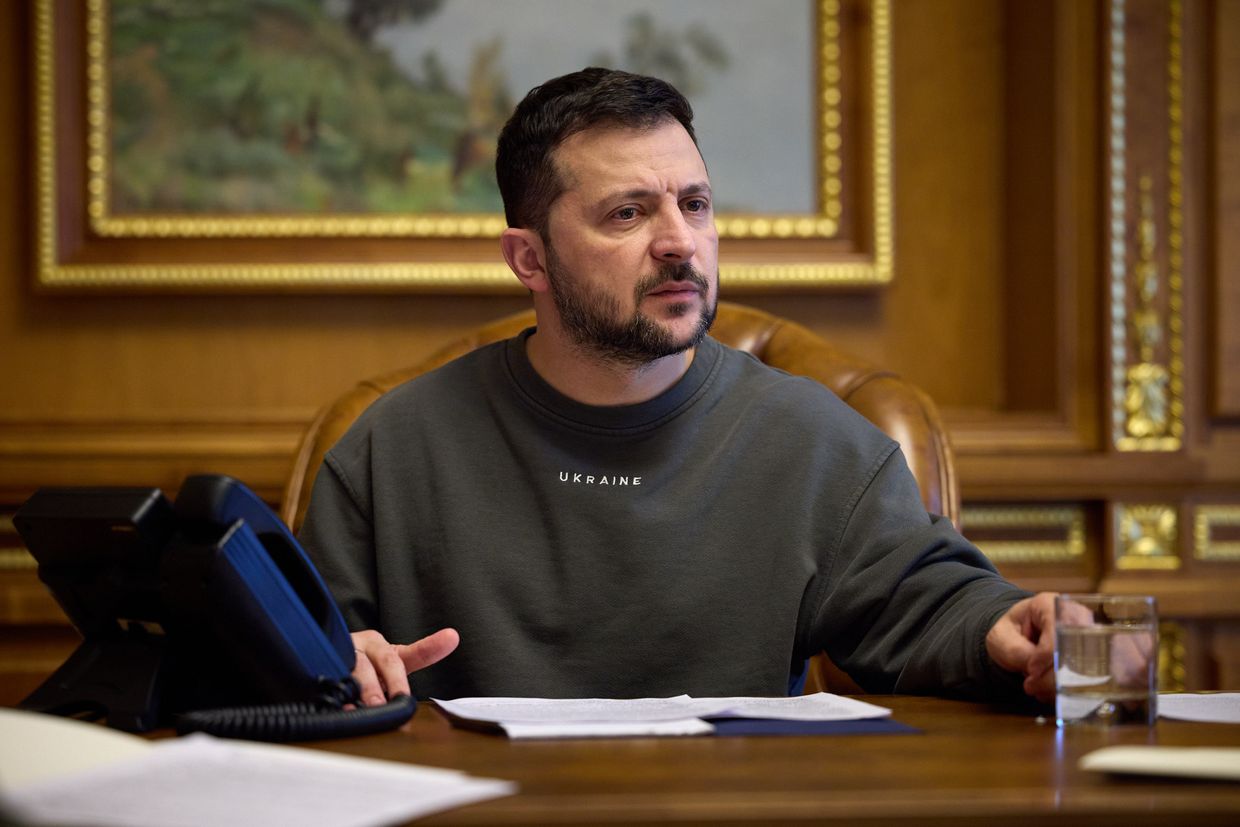
The Kyiv Independent: There's a large number of Ukrainian refugees still living in the Netherlands. The Dutch government and local governments are cutting housing and support for Ukrainian refugees. Can you walk me through the relations between the Dutch government and refugees?
Geoffrey van Leeuwen: Well, we have had around 100,000 Ukrainian refugees since the start of the (full-scale) war. I think you follow Dutch politics, and you know to what extent we are welcoming.
In the early phase, the schools had Ukrainian flags, and everyone understood what (the refugees) were fleeing from. I think most of the Dutch population understands that we must help our neighbors. When the neighbors are in trouble, you have to open your door, which happened all over Europe and in the Netherlands.
So again, correct me if I'm wrong. From a Dutch perspective, everybody welcomes Ukrainian refugees.
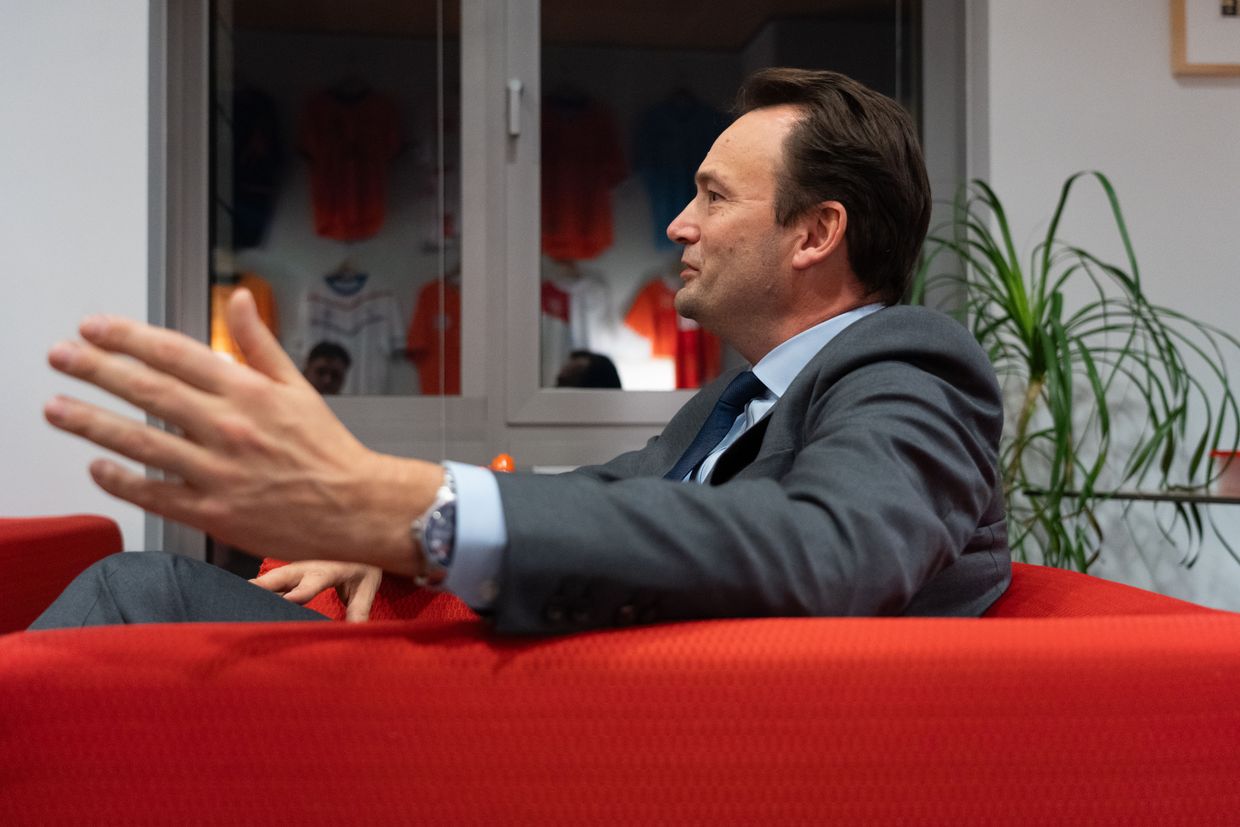
The Kyiv Independent: Yeah. Can this be kept up in the long run? We always hear that everybody's going to support Ukraine for as long as it takes, but if we're talking about 2024-2025, The war is not going to end soon. Can we see the maintenance of this kind of support?
Geoffrey van Leeuwen: If you look at the Netherlands, you can clearly see the maintaining of this support. When I talk to my colleagues in Germany, the UK, and our colleagues in the US, you see this commitment.
Because we knew that it would be a long war.
So we took that long-term commitment and a lot of the things we are talking about, for instance, our commitment to building up your Air Force with a couple of other countries with F-16.
This would not happen in half a year or a year. This is a multi-year commitment to Ukraine. In my previous position as a security advisor, I negotiated our security commitments with Ukraine.
This is a minimal four- or five-year period, where we plan to build up an Air Force with F-16s capable of being offensively and defensively reliable that stand up to the Russians. But it can happen within a year or even two years, which emphasizes our long-term commitment to Ukraine.
The Kyiv Independent: Is there a limit to the Dutch support of Ukraine? Military speaking and financially speaking?
Geoffrey van Leeuwen: In general, there is always a limit to what we can do. But if you compare to our allies, we are doing a little more than our fair share. We are really leading. We're in every statistics. We're in the top five, six, seven countries in terms of support for Ukraine. But I cannot guarantee you for 20 years that we keep sending you these amounts of money.
I think (the support is strong) because of the moment when we saw these tanks approaching Kyiv in that first week of the (full-scale) war.
Dutch people saw that this was not just some faraway war. I think what evoked is the historical emotions we have as having been an occupied country in World War II by Germany.
It's not okay. This is upsetting everything that was built after World War II. Our whole stability in safety structures are being tested now. So this was a strong feeling why we have to stop Russia. Because if you don't stop them now in Ukraine, they will go further. It's not just Ukraine.
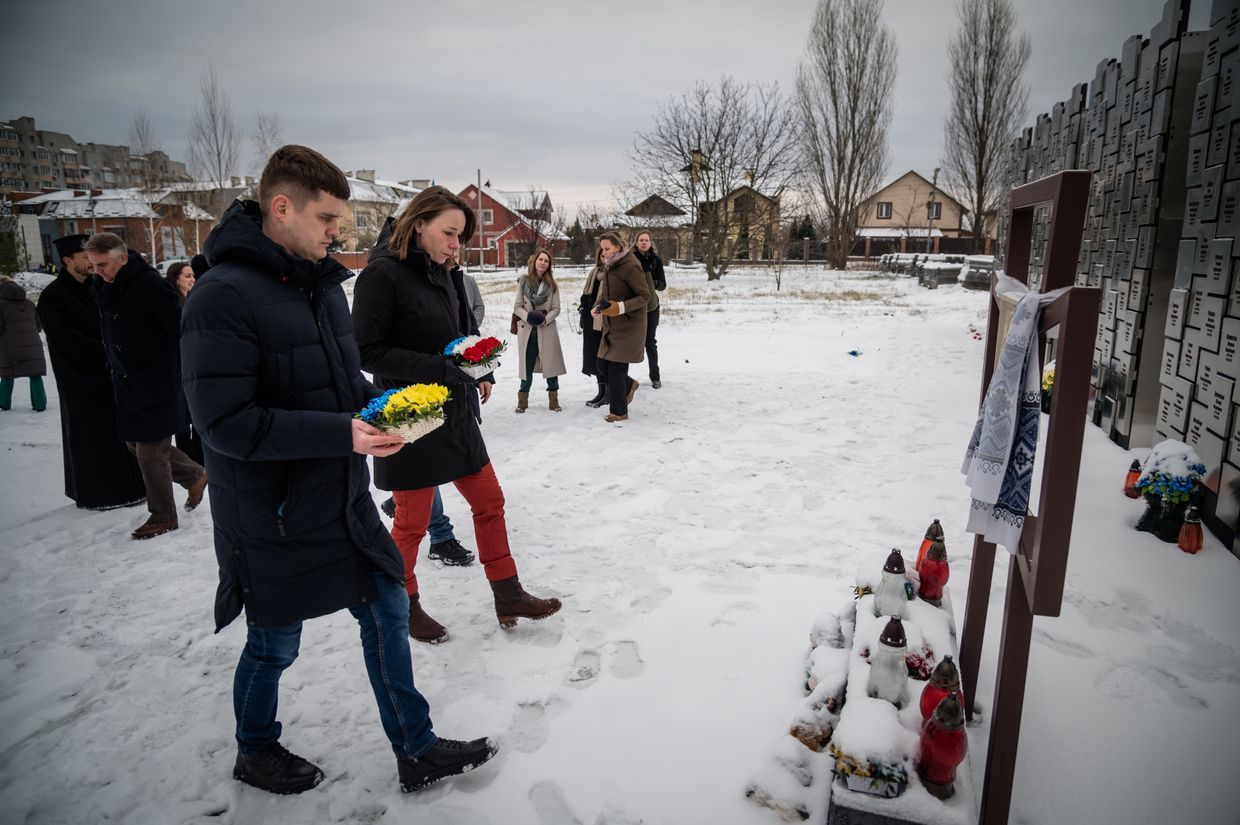
The Kyiv Independent: In 2016, the Netherlands had a referendum and voted against the EU Association Agreement with Ukraine. And now the Netherlands is one of the top backers of Ukraine. The Netherlands and Denmark are leading the way in training pilots and providing the F-16s. Why, specifically, did your countries take the lead?
Geoffrey van Leeuwen: This war of aggression by Russia has to be stopped, and again, if you don't stop them now, the war will be bigger because, at some point, they will also try to test NATO territory.
The Kyiv Independent: Do you think the United States should have taken the lead on this issue?
Geoffrey van Leeuwen: Well, I think if you look at how much military aid the U.S. has given and how quickly it was given, they made a difference.
I think without U.S. military aid, unfortunately, Kyiv would have fallen in those early weeks. So, I'm not going to criticize the amount of aid the U.S. is given. Without the U.S., we'd be in a difficult situation in Europe.
The Kyiv Independent: Do you think if the Republicans win the presidency, then Europe won't be able to maintain the required support for Ukraine?
Geoffrey van Leeuwen: I think we all have to step up. I'm not convinced that the U.S. will not continue to aid Ukraine. It's tied up with domestic politics in the U.S. But at the end of the day, the U.S. will continue to support Ukraine like Europe will do next month.
The Kyiv Independent: Are you confident the European Council will pass the EU 50 billion aid package?
Geoffrey van Leeuwen: I'm quite confident.
The Kyiv Independent: It's an open secret now. When Ukraine received the green light for accession talks, Orban was asked to have a coffee. How are you planning on pursuing Orban now to support 50 billion? Unblocking all the frozen money for Hungary?
Geoffrey van Leeuwen: Well, anything I'm going to say about negotiations is not going to be helpful. Let me say this. We've seen this kind of tactic before, and we overcame it before. I'm pretty sure we will overcome it this time as well.
The Kyiv Independent: For Ukrainians, it looks really weird that economically powerful countries like the Netherlands, France, Germany, and Italy have to basically beg Hungary to support the policies that those countries want to impose.
Geoffrey van Leeuwen: Yeah, but that's the system we build in Europe. It's sometimes a very cumbersome system – to reach unanimity. But it's something we created together. Sometimes it takes a long time. But it's 27 countries. So that's part of the system, and we're used to it. We will deal with it as we've done with all the big issues so far.
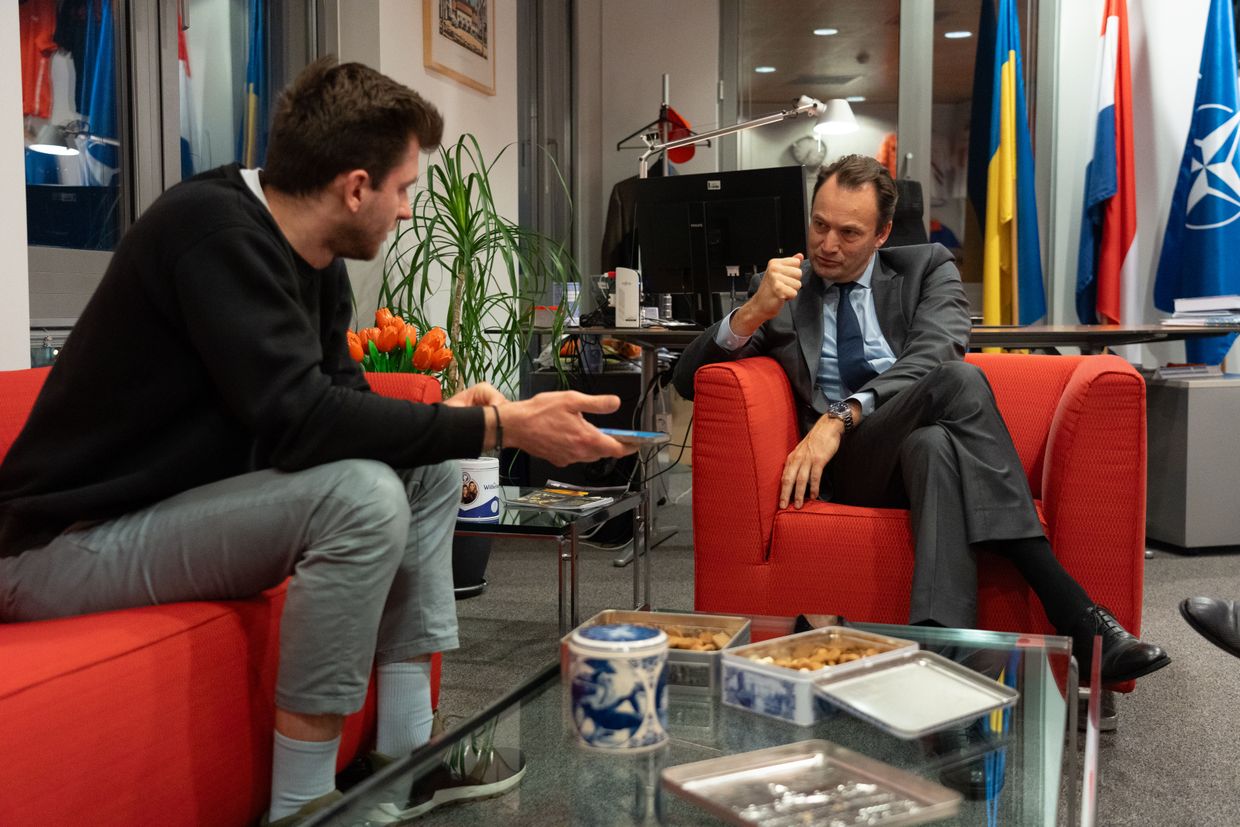
The Kyiv Independent: Do you think that the rules that you just mentioned will have to be changed for Ukraine to be part of the European Union eventually?
Geoffrey van Leeuwen: Well, that'll be a long discussion to have. Firstly, I'm very happy that this first formal step has been taken to start formal negotiations. We have a strict policy. So you have to comply with all the conditions. It will be a long path towards membership for all the countries in this system. So let's go through the path and then see how it works.
Joining the EU is not easy, and being in the EU is also not easy. Not easy because it is a cooperation between 27 and the future, hopefully more countries, which means making a lot of compromises.
The Kyiv Independent: Do you think that European support and the Netherlands' support were fast enough to make a difference on the battlefield in Ukraine?
Geoffrey van Leeuwen: Well, firstly, the ones that made a difference on the battlefield are the Ukrainian forces. Secondly, I think we all stepped up when we saw Russia's intentions. And again, when we saw the tanks approaching Kyiv, we went all out in sending our support.
Most of our allies have also given you an enormous amount from their own supplies. Not just buying things but also directly delivering for market capacity. Look at the Netherlands and to what extent we've given you anti-tank, anti-aircraft, and Patriot missile systems. So all of us went all in to support you.
The Kyiv Independent: Ukraine completed 4 out of 7 recommendations. Some recommendations are still in the process. During the war, is Ukraine moving fast enough to complete those recommendations? And do you think European officials are pushing Ukraine enough to implement reforms or anti-corruption practices right now?
Geoffrey van Leeuwen: Well, let me say that I was tremendously surprised by how fast you worked to comply with the commission's criteria. Because they are strict, the commission is convinced that you've really fulfilled and taken the necessary steps. That's during a (full-scale) war. So it's very impressive. If you keep this up, it could be faster than many expect.
The Kyiv Independent: The Netherlands recently allocated over 100 million euros for Ukraine, and 60 million was for Dutch companies willing to invest in Ukraine. Are there companies right now that are willing to enter Ukraine even during war? What are those projects?
Geoffrey van Leeuwen: We aim to make this happen. Because Dutch companies are indeed interested in working together and looking for partners. We're at this stage where people see many opportunities in Ukraine, even if there's a war, but they are also looking forward to the post-war situation.
We discussed with one of the ministries this afternoon rebuilding the Kakhovka Dam, a long-term vision for the country. So it's a long-term commitment we want to make, and we found how to overcome some of the hassles Dutch companies have to come and look and set up partnerships in Ukraine.
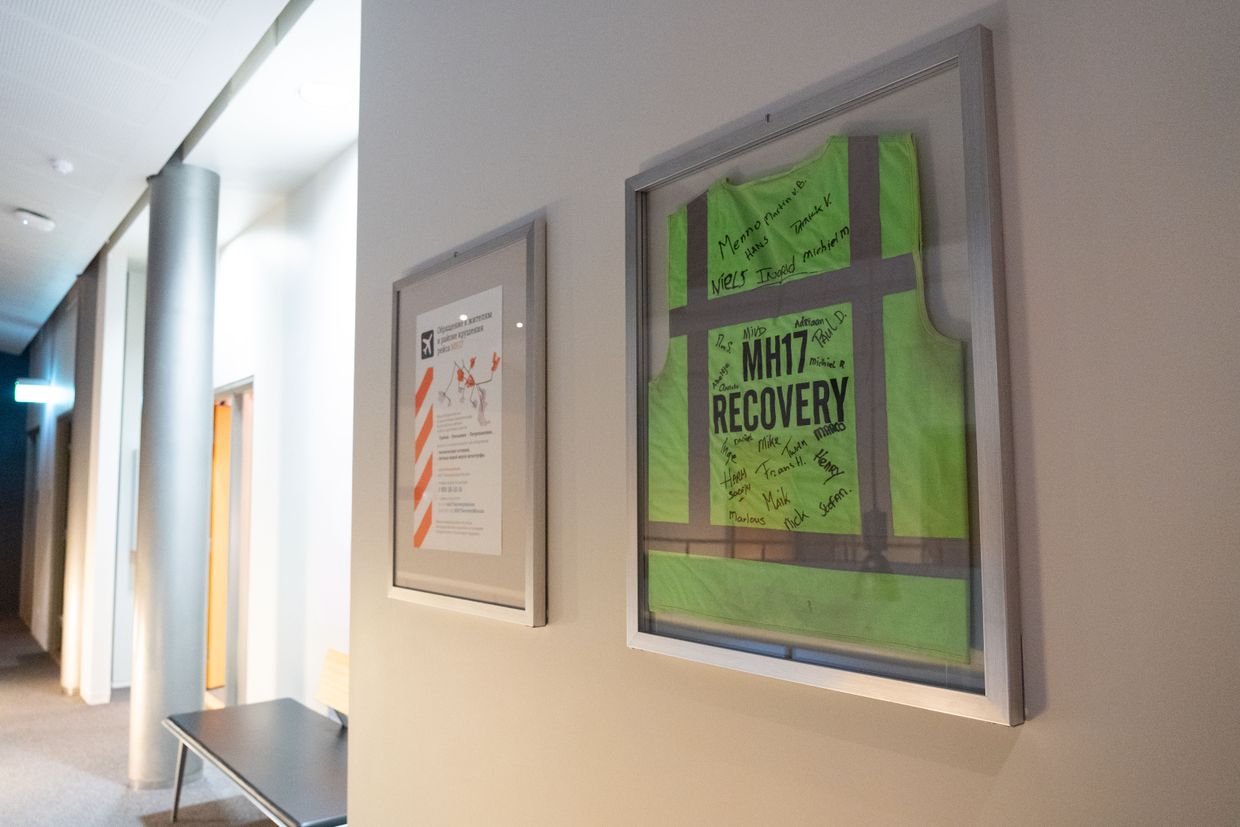
The Kyiv Independent: What do you think the Dutch companies would be most interested in Ukraine in terms of business opportunities?
Geoffrey van Leeuwen: Our strengths are water management, dredging, and naval capacity. So that're the fields we're looking at. But it also has to be a match for what you need. So that's also part of the process we are doing today to find what matches your needs.
The Kyiv Independent: The main issue here is insurance for companies. How realistic is it to have a large influx of foreign investment in a country that's constantly bombed?
Geoffrey van Leeuwen: Yeah, obviously, that's a big challenge — our approach to overcoming the obstacles covers part of the insurance policies. But of course, it's a big challenge. But it's a long-term commitment again, so it's not just this phase of the war but also the post-war.
The Kyiv Independent: I know the Danish government was randomly given Mykolaiv Oblast to reconstruct. What are the commitments the Dutch government is taking in terms of post-war reconstruction?
Geoffrey van Leeuwen: Yeah. I think our approach will not be to adopt a city or region, but we need to try to use our strong points, as I said, on water management and the problematic situation around the Kakhovka Dam. To see how our companies, with our knowledge of water management, can help there. It's more thematic than regional-based.
The Kyiv Independent: I'm interested in Dutch trade relations with Russia. There are still several companies that do business with Russia. There are Dutch chips that end up in Russian missiles. What steps does the Dutch government take to limit this kind of relationship with Russia?
Geoffrey van Leeuwen: The companies that are not allowed anymore to trade are out of Russia. Yet, even those that are allowed in principle are leaving Russia. Look at Heineken and Shell. They've written off tremendous amounts of money. So, no major Dutch company wants to be in Russia. Sometimes, they have legal issues as to why they can't withdraw immediately.
But if you look at Heineken's entire exit strategy, they were criticized at some point for not being fast enough. But they're actually protecting their own staff from ending up in jail. At the end of the day, they didn't take any euro out of the country. So, most Dutch companies are responsible and don't want to be seen or identified as doing business in Russia.
You have a second part, and it's about chips. That's something we constantly investigate. We don't know how they end up there. There are many ways. Unfortunately, not the entire world is joining us in boycotting Russia. So, it's one of our key challenges with other countries to ensure that these hi-tech chips don't end up in Russia.
The Kyiv Independent: Looking right now at the Russian economy and Putin's recent press conference, the Russian economy is doing fine. There was the 12th package of sanctions, but also the Russian economy is increasing by around 3%. Russian missiles are produced with foreign chips (American and Dutch). Russian LNG is shipped to multiple countries. So, is there a way to put a hold on that?
Geoffrey van Leeuwen: We're adding new sanctions. It's not a magic stick because not every country joins us, and Russia can still trade with many countries. So, from the Western point and the EU, we're doing our best to ensure we hit them as hard as possible. I don't completely agree that it's not hurting the Russian economy. It's destroying the Russian economy. Russia is now back to exporting only mineral resources. Structurally, they're being damaged and hurt. But it's not helping you in the short term. That's another question.
